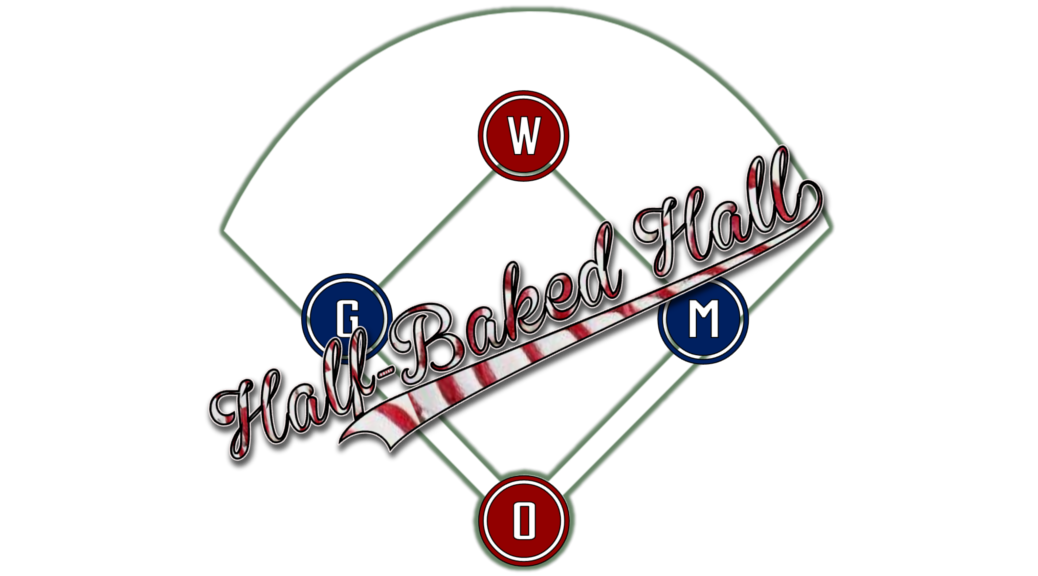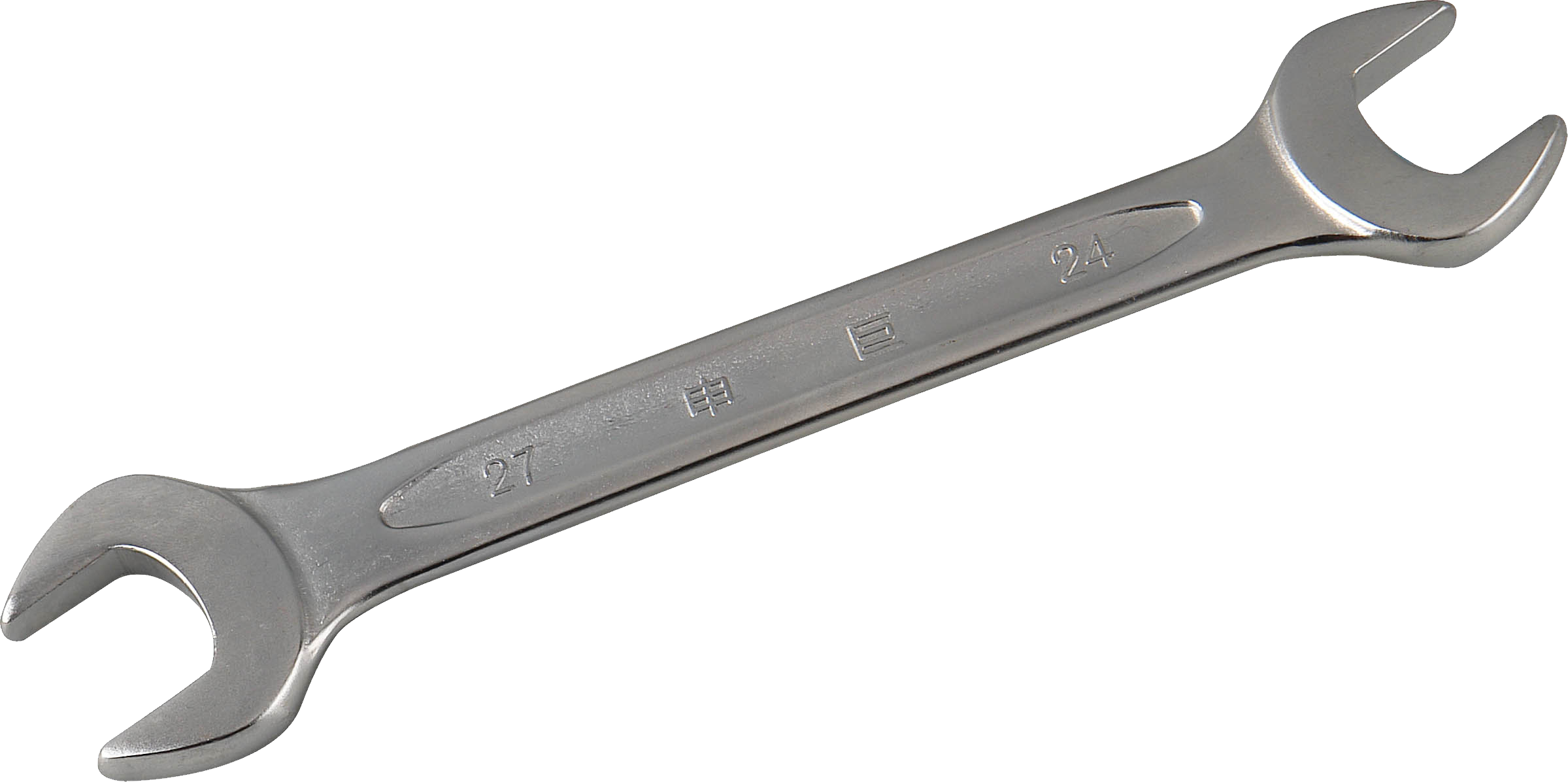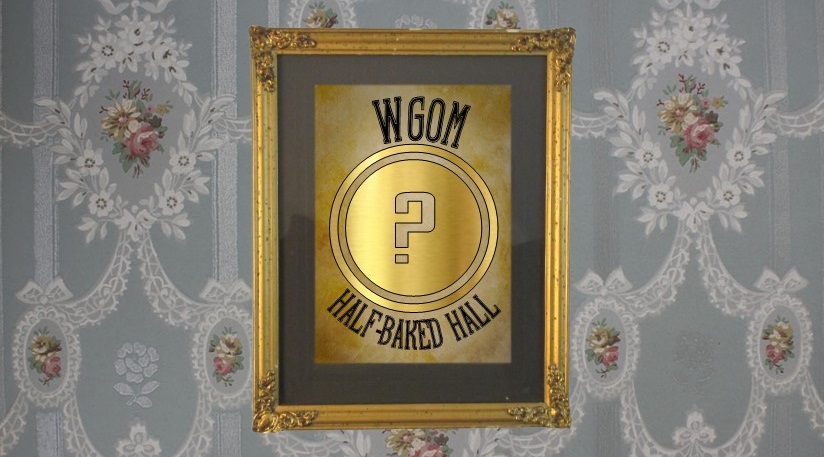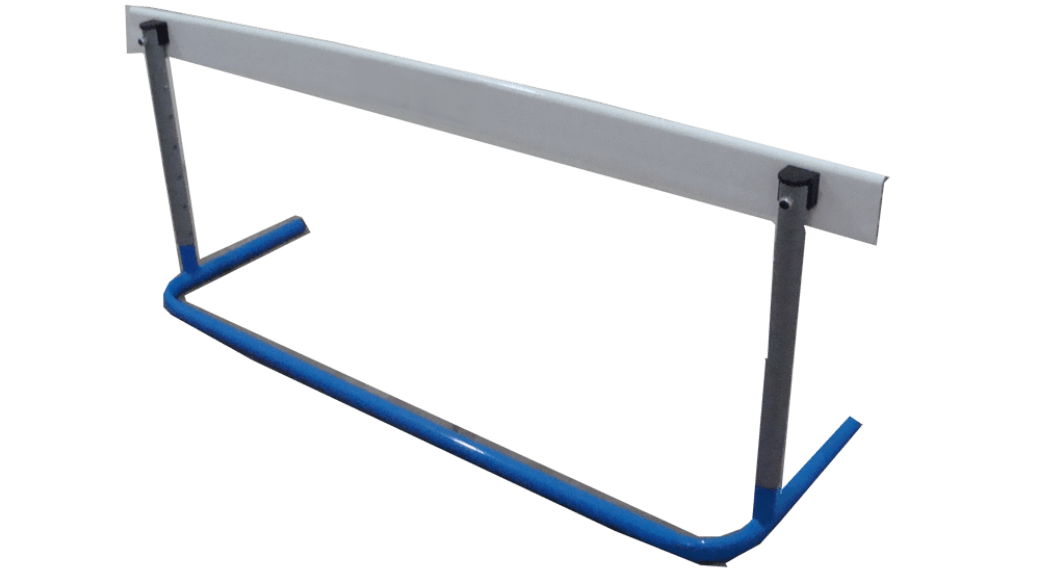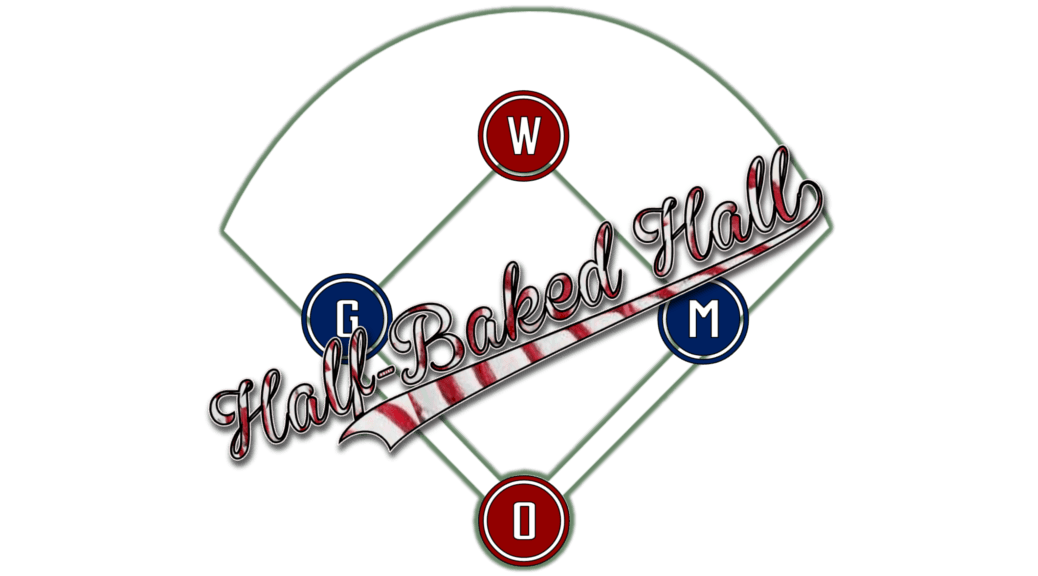Per the earlier discussion, I'm going to describe how I make ratatouille here. Truth be told, I had never known the dish until some recipe showed up on some site someday telling me how to do it this way. So maybe this isn't even real ratatouille? Whatever you want to call it, it's delicious.
Also, sorry I don't have any pictures. The vegetables haven't been in season, so it hasn't been made for a while.
Ok, fine, here's a picture.
And with that...
1 eggplant
1 zucchini (we often use more)
1 summer squash
1 large onion (I prefer more)
Enough tomatoes to cover the entire dish liberally
Other veggies as desired (peppers, for example)
1 garlic clove, minced
1/4 cup olive oil
Fresh basil leaves, torn or cut into 1-inch pieces
Thyme, Oregano, other traditional spices as desired (I'm going to use Herbs de Provence the next time I make this)
Salt & pepper to taste
Red wine vinegar, to taste
Eggs
Italian cheese blend (or other cheese that you prefer)
French bread, sliced.
Chop the vegetables into 1-inch or smaller pieces. Tomatoes should be seeded and given a fine dice. Toss together in a large baking dish, with olive oil, garlic, salt, pepper, thyme, etc. Bake at 400°F for 45 minutes, or so. Make sure they don't roast too quickly. Remove the vegetables from the oven, and add the basil and vinegar. Stir, then spoon out small cavities into which you will crack the eggs. I usually heap as many eggs into the pan as I can fit. Cover with cheese (I always add too much, but "mmmmmmm...cheese."), and place back into the oven, until eggs achieve desired doneness. Spoon over slices of french bread to serve.

